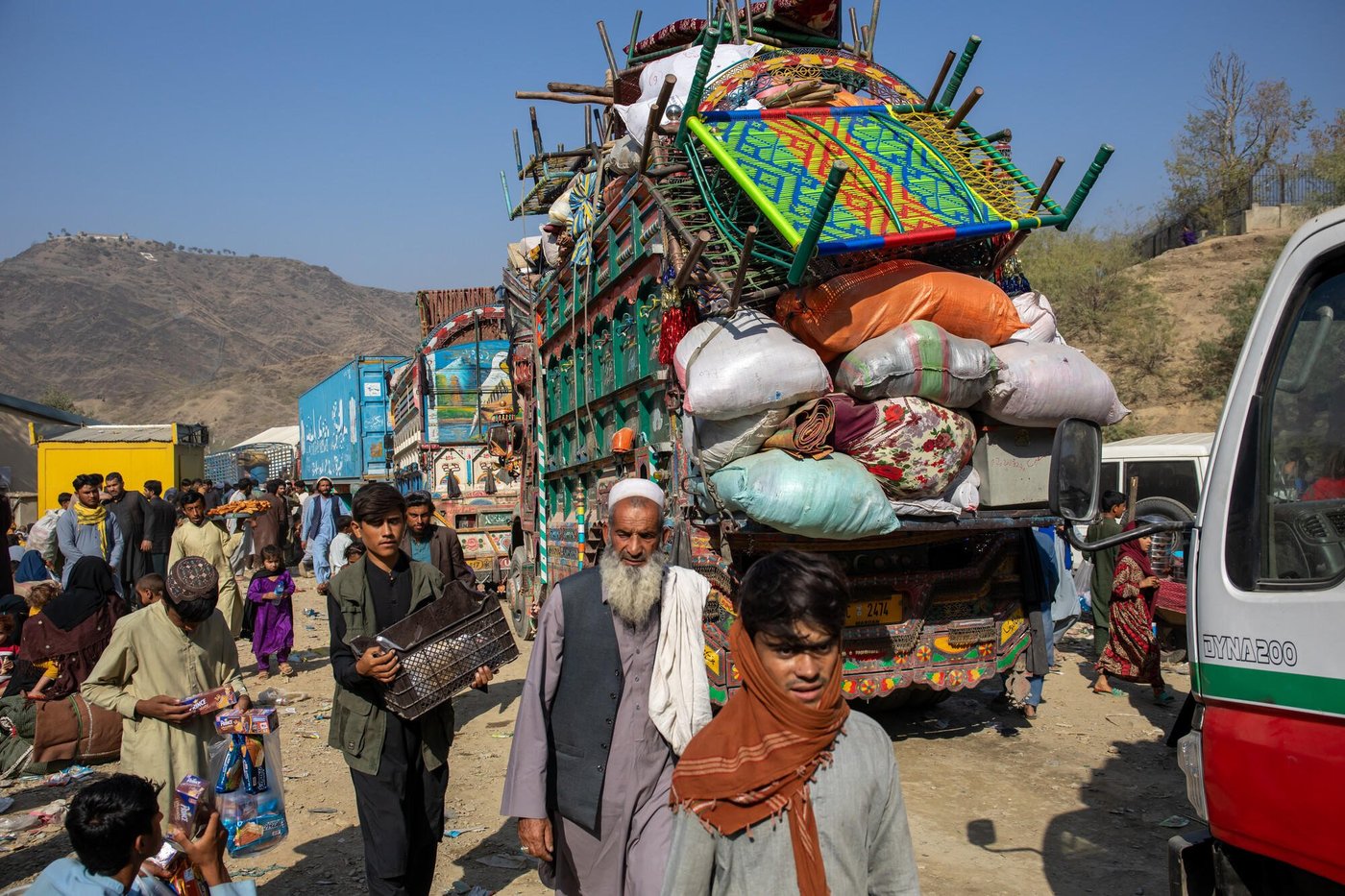The words belong to Shahgul, 40, a widow from Afghanistan. She has just returned from Pakistan with her nine children. We meet her at the Torkham border crossing in Nangarhar province, where we have set up a tent to provide information and counselling on critical legal rights and entitlements, and access to essential services.
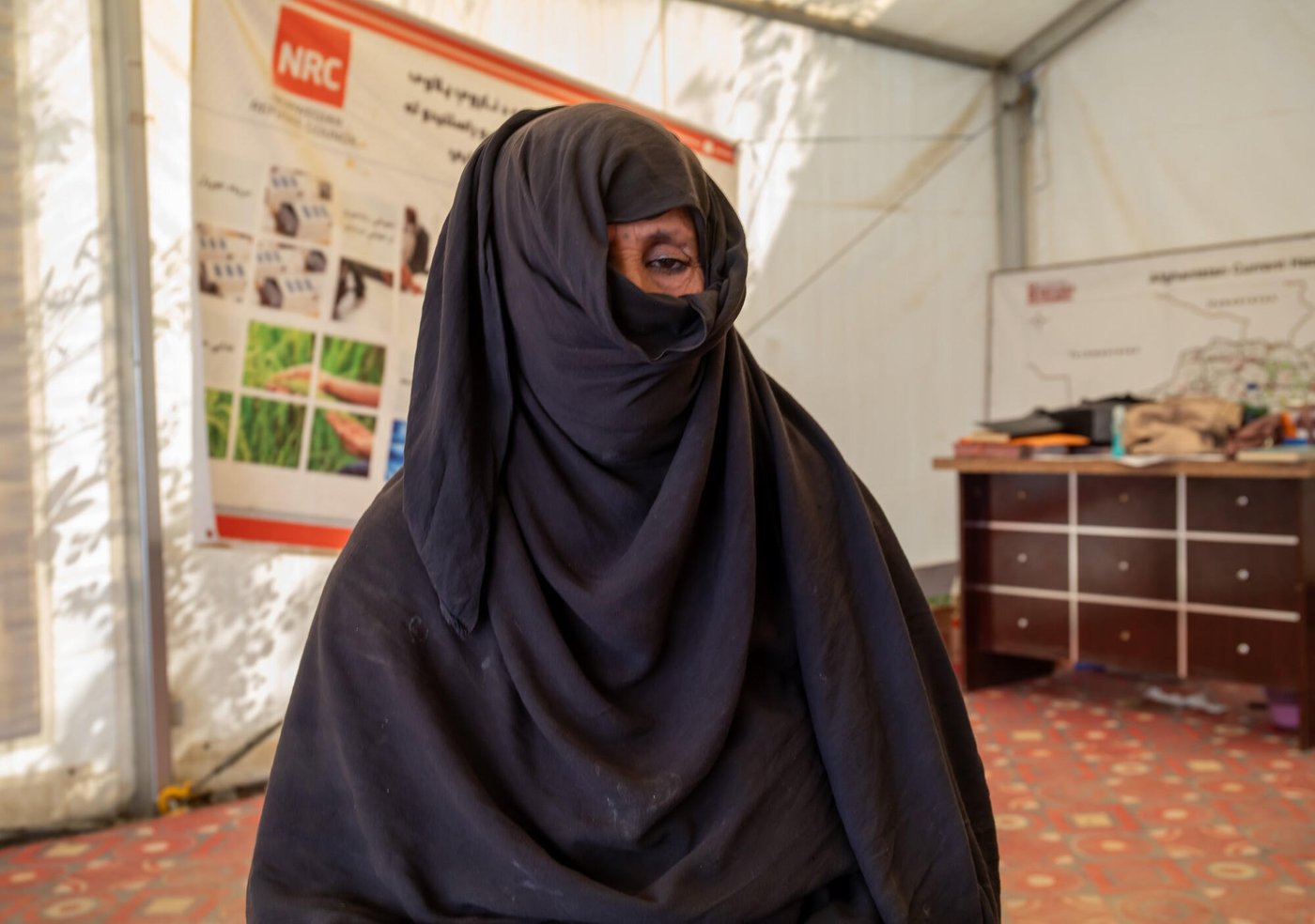
“I am in a miserable situation. My sons used to collect trash to sell, and, in the winter, they used to sell green tea to make money. Recently the police came to our house and told us to leave the country. I didn’t have cash, so I borrowed some money and sold some of my belongings to pay for the transport,” she says.
10,000 daily arrivals
Shahgul’s family are among the thousands of families who have returned to Afghanistan since Pakistan announced that all undocumented Afghans must vacate the country by 1 November or risk deportation.
“I have not slept the past four days and nights, there was not enough space in the truck. We all were just sitting. That is why I have a headache and high blood pressure. Last night we reached here, and my daughter’s condition was so bad that we had to take her to hospital, and she is still in the hospital.”
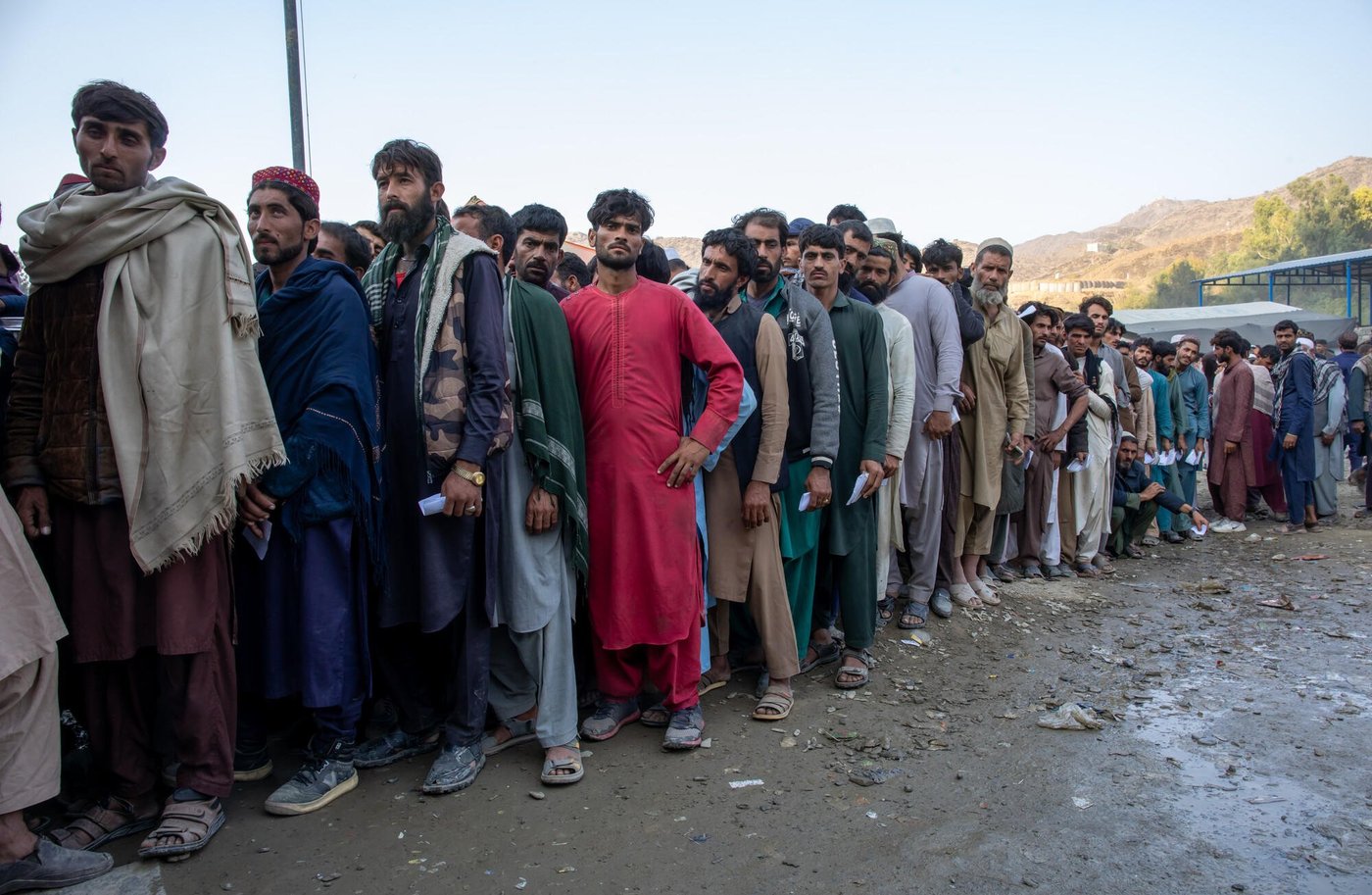
Before Pakistan’s announcement on 15 September, the daily number of arrivals at the two main border crossings of Torkham in Nangarhar Province and Spin Boldak in Kandahar Province, was 300 people a day per location. Now, it’s between 9,000 and 10,000 individuals a day. Between 2 and 4 November, that figure reached over 10,000. As many as 1.7 million Afghans in Pakistan could be affected by this announcement.
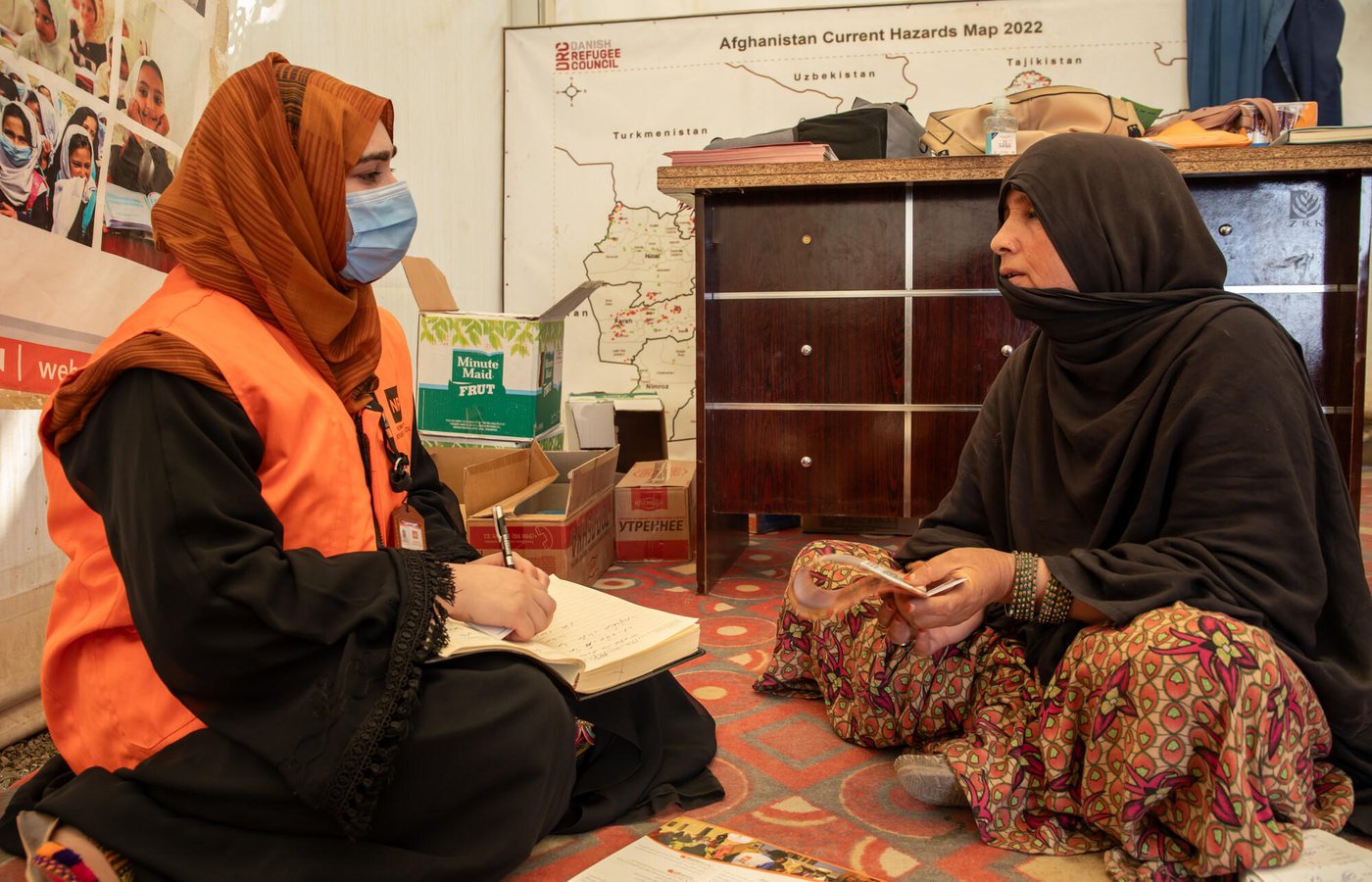
“I don’t have any idea what we will do next”.
“I suffer a lot from poverty. I don’t know what my children are going to eat tomorrow,” says Shahgul.
This is the situation for many of these families. The conditions in which they arrive in Afghanistan are dire, with many having endured arduous journeys spanning several days, exposed to the elements, and often forced to part with their possessions in exchange for transportation.
“I don’t have any idea what we will do next. We have no place to go and nothing to eat. I will stay with a relative in Jalalabad for a short period of time and then will see if we can find a place to live,” says Shahgul, who have spent six years in Pakistan.
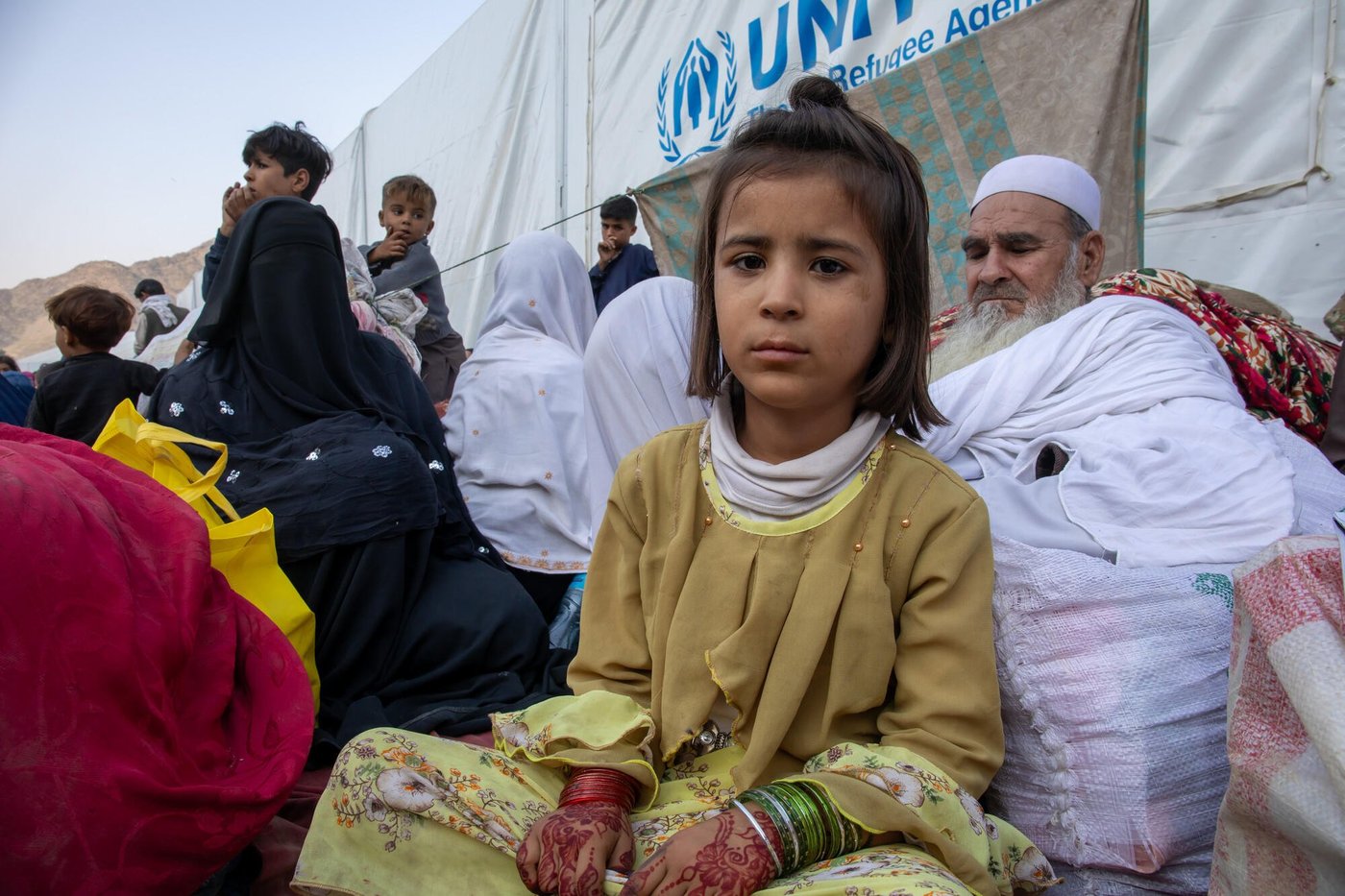
Our colleagues stationed in the areas where people are returning from Pakistan have reported chaotic and desperate scenes among those who have returned. For many, leaving their temporary refuge in Pakistan was not a matter of choice but a rushed necessity.
Sign up to our newsletter to read more stories from around the world
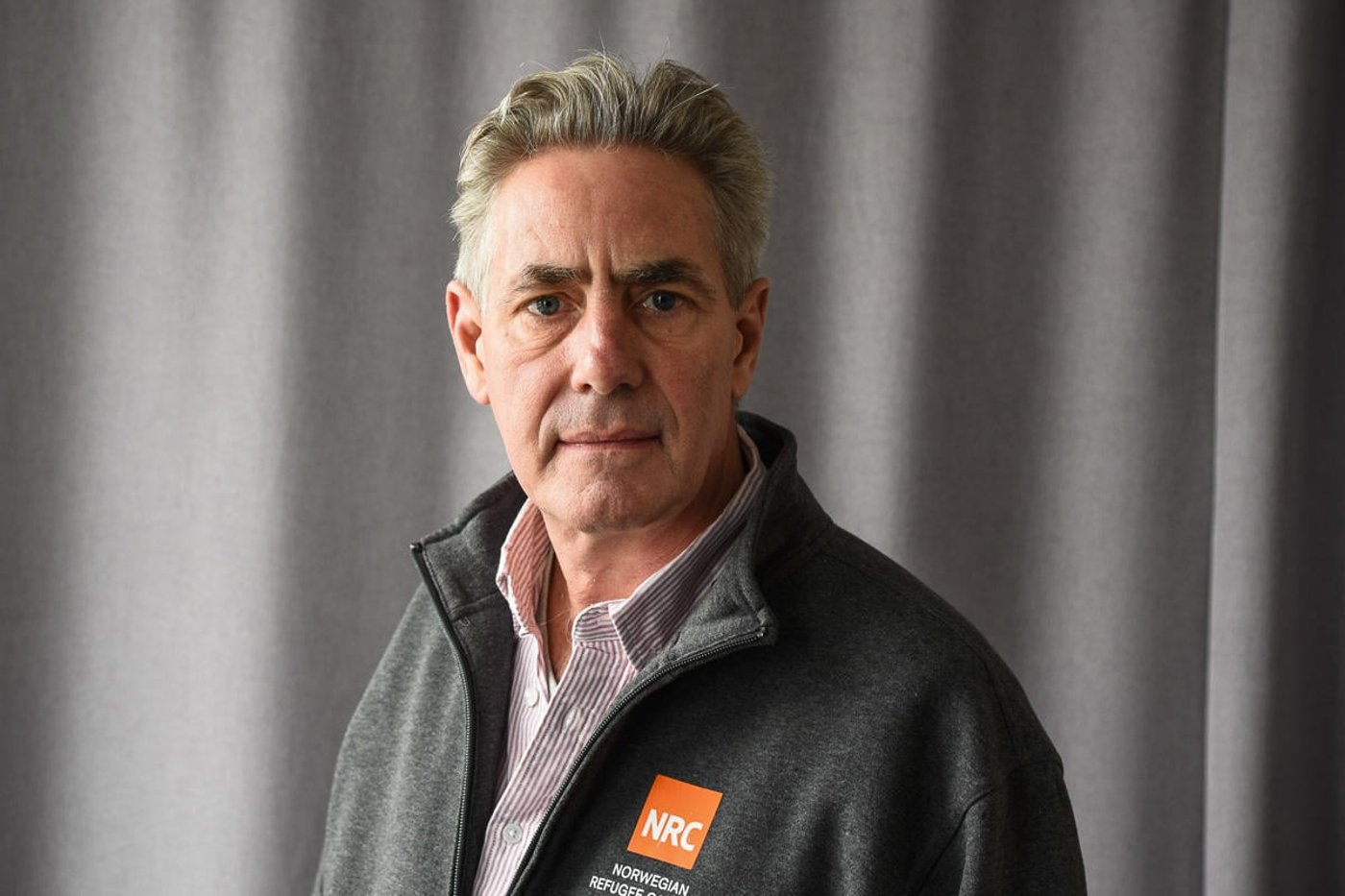
Our Country Director in Afghanistan, Neil Turner, says that the recent surge of Afghans returning from Pakistan has overwhelmed resources and the fragile infrastructure in Afghanistan.
“People arrive in a terrible condition, having often sold what little they had to pay for the journey,” he says. “We are deeply concerned about their well-being and their ability to reintegrate Afghanistan after many years of absence. We are also concerned about the strain this situation will place on our already stretched humanitarian efforts.”


